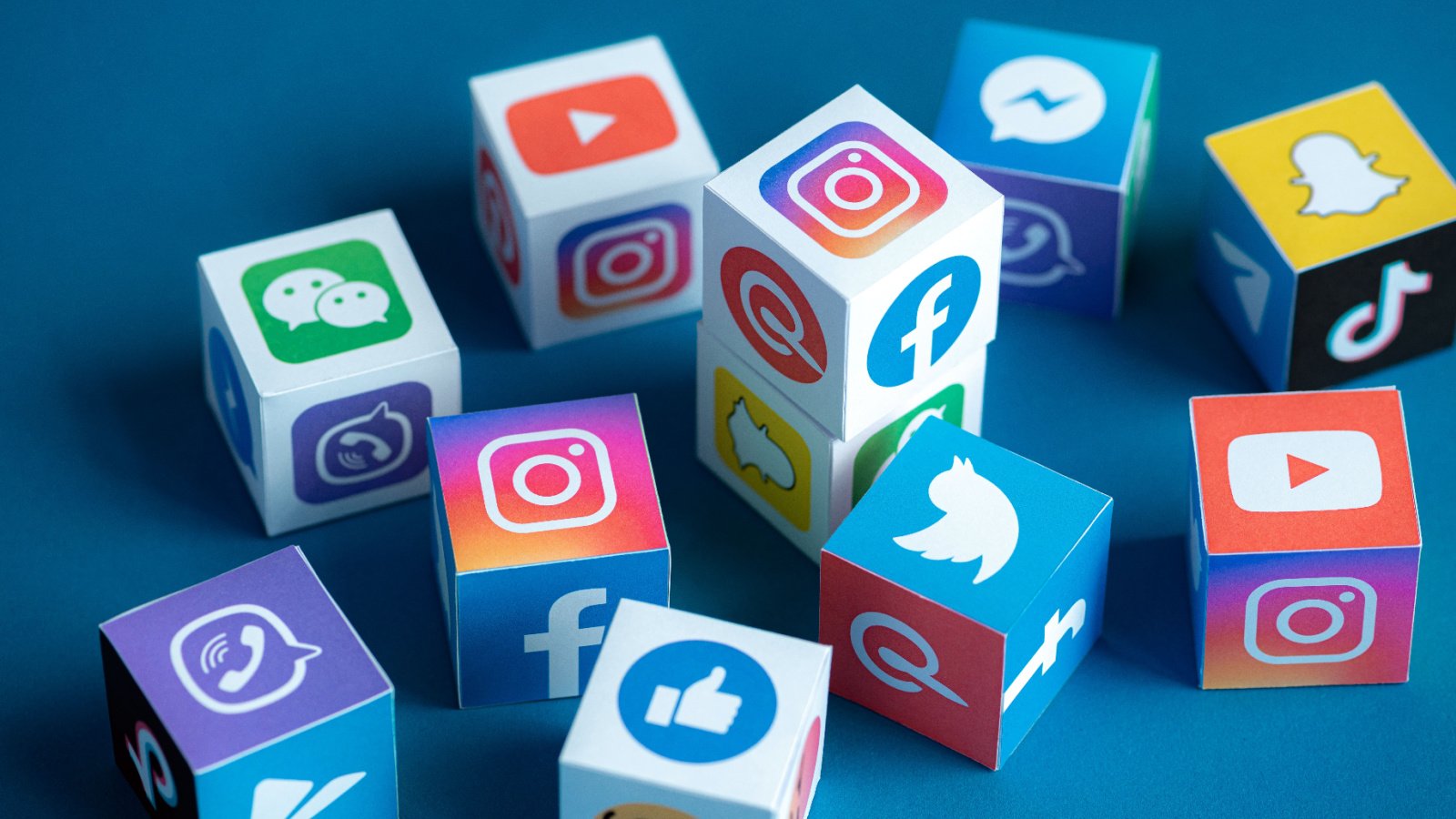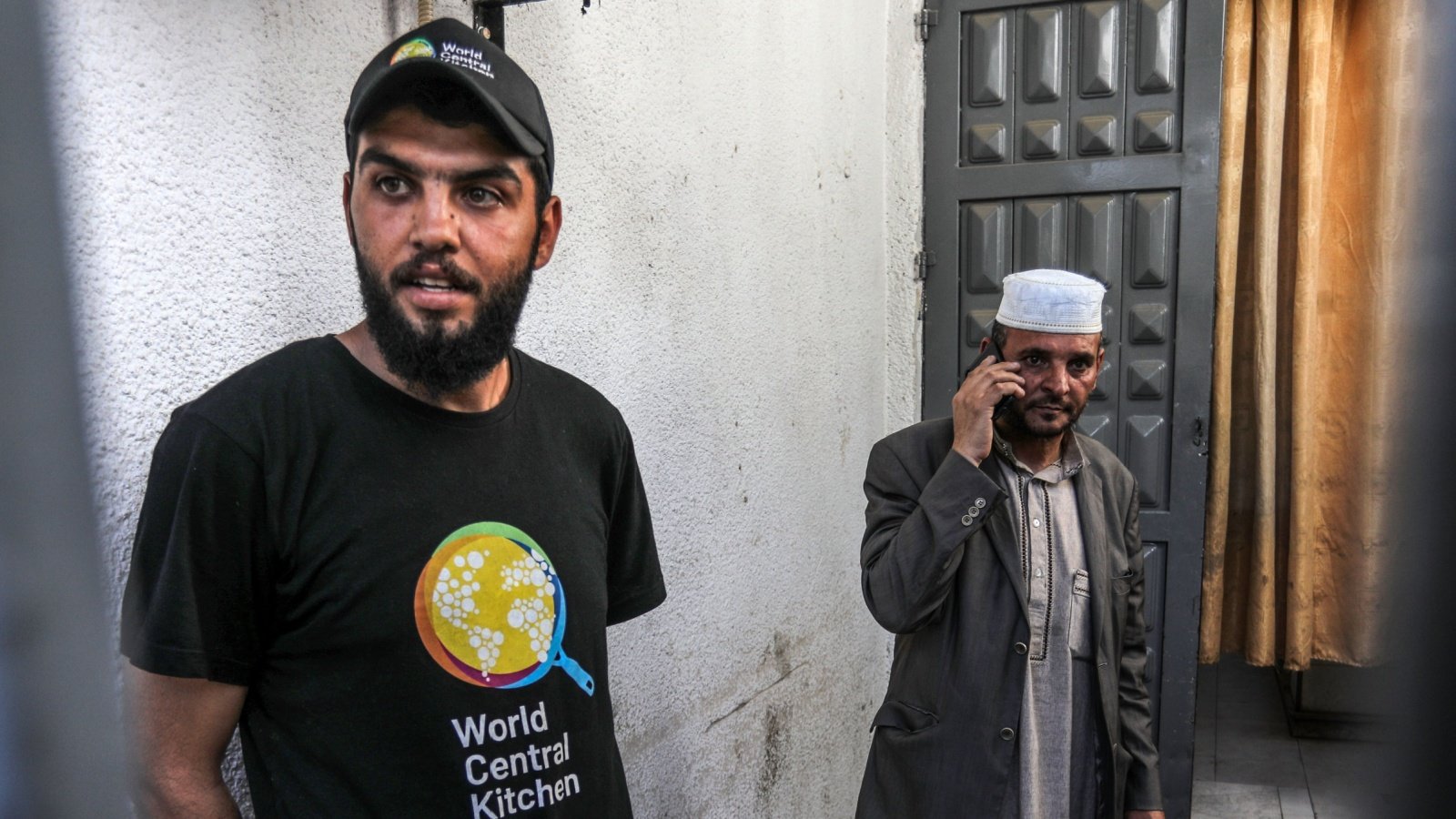The U.S. surgeon general is calling for urgent action against the mental health dangers of social media. By pushing for warning labels, he aims to alert parents and protect young users from significant harm.
Surgeon General Calls for Social Media Warning Labels

The U.S. surgeon general is pushing for warning labels on social media platforms, similar to those on tobacco products. This initiative aims to inform users about the significant mental health risks associated with social media use among adolescents.
Addressing the Dangers of Social Media Use

Surgeon General Vivek Murthy recently highlighted the dangers of excessive social media use by young people. He stressed the urgent need to address this issue in an op-ed in The New York Times.
Correlation Between Social Media and Mental Health Issues

Murthy referenced several studies linking social media use to mental health problems like anxiety and depression. He described the current mental health crisis as an emergency requiring immediate action, including warning labels on social media platforms.
The Impact of Warning Labels

Warning labels on social media, similar to those on tobacco products, could raise awareness and alter behavior. These labels would serve as a regular reminder to parents and adolescents about the potential dangers of social media.
Evidence Supporting Warning Labels

Murthy believes that warning labels could significantly reduce social media usage among young people. He cited evidence from tobacco studies showing that such labels can effectively increase awareness and change behavior.
Potential Benefits of Warning Labels

Implementing a surgeon general’s warning on social media platforms could encourage parents to limit their children’s screen time. This measure could help decrease the incidence of depression and anxiety among adolescents.
Alarming Statistics on Social Media Use

Recent studies indicate that adolescents who use social media for more than three hours a day are at twice the risk of experiencing negative mental health outcomes. Another study revealed that nearly half of young users felt worse about their bodies after using social media.
Public Awareness of Social Media Risks

The public has long been aware of the dangers associated with social media, such as online bullying and child exploitation. Despite this knowledge, social media remains easily accessible and widely used by young people.
Need for Increased Regulation

Murthy emphasizes that the accessibility of social media needs to be addressed despite known risks. He advocates for stronger regulations to protect the mental health of young users.
Addressing Social Media Harms

Murthy questions why society has not responded to social media harms as urgently as to unsafe cars, planes, or food. He argues that these issues stem from powerful technology lacking safety measures, transparency, and accountability.
Circumventing Parental Controls

Although social media platforms offer tools to limit screen time, tech-savvy teens often find ways around them. This undermines efforts by parents to control their children’s social media use.
Congressional Efforts

Congress has conducted multiple hearings to understand social media’s impact on young people. Lawmakers are exploring legislative solutions to address this growing problem.
Proposing Warning Labels

Murthy suggests that surgeon general’s warnings on social media could make parents more cautious about their children’s online activities. This proposal aims to prompt more careful consideration of adolescents’ social media habits.
Collective Responsibility

Murthy calls on public health leaders, educators, and parents to unite in keeping young people away from excessive social media use. This collective effort involves setting strict boundaries both at home and in school.
Establishing Boundaries

Creating strict guidelines at home and in school can help limit social media use. This includes preventing usage before bedtime, during meals, or while engaging in face-to-face interactions.









Das Glücksspiel hat im Kurort also eine lange Tradition, die heute noch gepflegt wird.
Die Grand Casino Baden AG und die Casinò Locarno SA –
zwei Tochtergesellschaften der Stadtcasino Baden AG – haben von der Eidg.
Die Stadtcasino Baden Gruppe blickt auf ein erfolgreiches Geschäftsjahr 2024 zurück.
Anlässlich der Generalversammlung der Stadtcasino Baden AG
präsentiert sich die Unternehmensgruppe gut aufgestellt und bereit
für die Herausforderungen der Zukunft.
Bei diesem Turnier spielen wir Preise aus unserer Casino Boutique
aus. Croupiers erklären was die Bank zahlt, wenn Ihr Jeton auf zwei nebeneinanderliegenden Zahlen Erfolg hatte, mit
welcher Wahrscheinlichkeit die Kugel auf welche Zahlen oder Zahlenkombination fällt, was es mit der Box beim Black
Jack auf sich hat, warum manche Pokerspieler beim All In auf ein Fullhouse bauen konnten …
Doch wer Roulette nur aus Spaß an der Freud spielen will, kann es genauso einfach kennenlernen.
Das spannende Würfelspiel bietet Ihnen verschiedene Setzmöglichkeiten. Treten Sie ein in unser elegantes Belle-Époque-Ambiente
und erleben Sie den Nervenkitzel klassischer Tischspiele wie Roulette und Blackjack, oder versuchen Sie Ihr Glück an einem unserer über 140
Spielautomaten. Online sind virtuelle Automatenspiele (Slots) in Deutschland grundsätzlich
zulässig – jedoch nur bei Anbietern mit deutscher Lizenz.
Online-Casinos sind digitale Plattformen, die – sofern lizenziert – bestimmte Spiele im Internet anbieten. Diese Website vergleicht und erklärt solche Angebote,
bietet aber selbst kein Glücksspiel an.
References:
https://online-spielhallen.de/royal-casino-auszahlung-so-holen-sie-ihre-gewinne-schnell-und-sicher-ins-trockene/
The ad-supported streaming service even has a section dedicated
solely to the highly-rated on Rotten Tomatoes! Boasting over 200,
000 movies and TV episodes in their library, you could say Tubi has got
a lot of content. Create a user account to build your own queue of
movies and TV shows to watch later, and sync your viewing
across your devices. Along with free movies, shows, and live TV, Plex allows you to organize all
your own videos, music, and media together.
On Tuesday, a fresh notice showed his shareholding had increased from 5.5 per cent to 6.52
per cent. Macau and Melbourne-based gaming industry
consultant Ben Lee said the collapse of Star could force the Queensland government to rely on the Chinese investors
to prop up the casino venture. Mr Costello said governments in Australia had made the mistake of backing in “massive downtown casinos” like Queen’s Wharf, which relied
on high rollers that are no longer coming.
For a sharemarket gambler, an investment in Star is the ultimate high-adrenaline bet.
In the ASX filing, Wang gives his address as the luxury Windsor Arch high-rise project in the Asian casino enclave,
Macau. His private company, Winsway Resources,
is registered in the British Virgin Islands.
Rather than an attempted rescue, it looks like a $35 million punt from a guy from Macau
who probably doesn’t have any inside running
on whether this casino group will survive.
References:
https://blackcoin.co/login-to-your-spin-city-account-the-official-site-2025-updated/
As such, it may not appeal to all players, but you don’t have to be an introvert to
enjoy this form of entertainment. At the same time,
local regulatory bodies regulate and authorise land-based casinos
to provide services. If you have read the previous section, you know that online gambling in Australia is in a legal grey area.
They are accessible from desktop or mobile devices and accept players 24/7.
Bonanza and Extra Chilli are two of their most popular games,
and they’ve stayed favourites with Aussie players for years.
Many of their titles are innovative slots with bonus buy
options and exciting features that keep players hooked.
Pragmatic Play is everywhere at the top casino sites online, and
for good reason. Beyond slots, Microgaming offers a great range of blackjack, roulette,
and video poker, making it a one-stop shop for casino variety.
Aussie players love their pokies because they cover every theme imaginable, from
ancient history to sci-fi.
References:
https://blackcoin.co/oaks-brisbane-casino-tower-suites-in-depth-review/
paypal casinos online that accept
References:
ww.yeosunet.com
online casinos that accept paypal
References:
https://candidates.giftabled.org/employer/beste-paypal-online-casinos-2026-im-casino-mit-paypal-bezahlen/